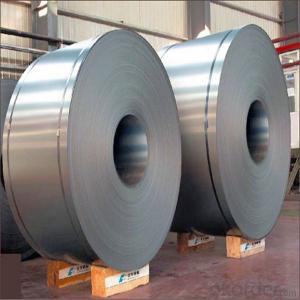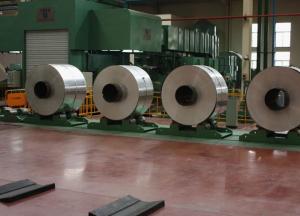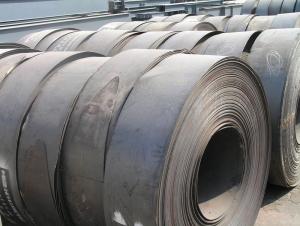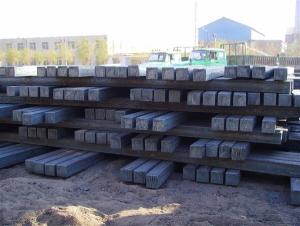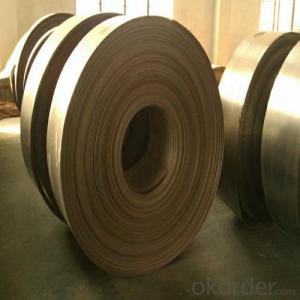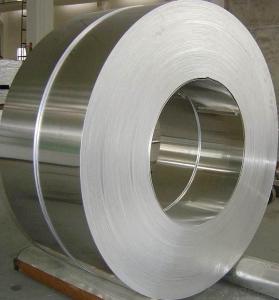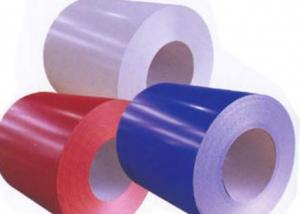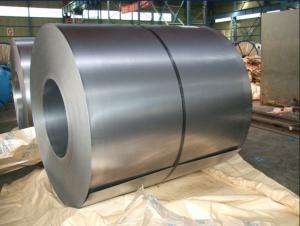Cold Rolled Steel Made in China/China Supplier
- Loading Port:
- China main port
- Payment Terms:
- TT OR LC
- Min Order Qty:
- 20 m.t.
- Supply Capability:
- 50000 m.t./month
OKorder Service Pledge
OKorder Financial Service
You Might Also Like
Item specifice
Prime Quality SPCC Cold Rolled Steel Sheet/Coil
Widely used to appliance,automobile industry or other decoration usage.
Certificate: ISO9001
Packing Details: Wrapped by water proof paper and plastic film.Covered with iron sheet,strapped by steel strips to protect the damage under transportation.
Details please check following format
Brief Introduction
Cold rolled steel coil is steel that has been worked below its recrystallization temperature by passing it between a pair of rollers. Recrystallization temperature is the temperature at which grains in the lattice structure of the metal have been rearranged, leaving it free of strain and deformations. Cold rolled steel coil is pre-treated before being cold rolled with a process known as pickling, which uses strong acids to remove scale and other impurities. The cold rolled steel coil is then passed through rollers to reduce its thickness. Most cold rolling takes place in multiple passes and as the size of the cold rolled steel coil is further reduced, its strength and hardness both increase, but its ductility decreases. After cold rolling, heating the metal up in a process known as annealing can restore some of its ductility. The final cold rolled steel coil may be manufactured in the form of sheets, strips, bars, or other forms.
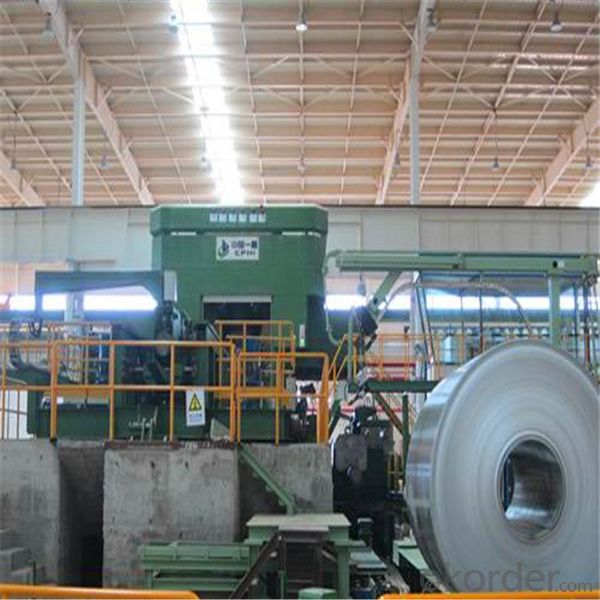
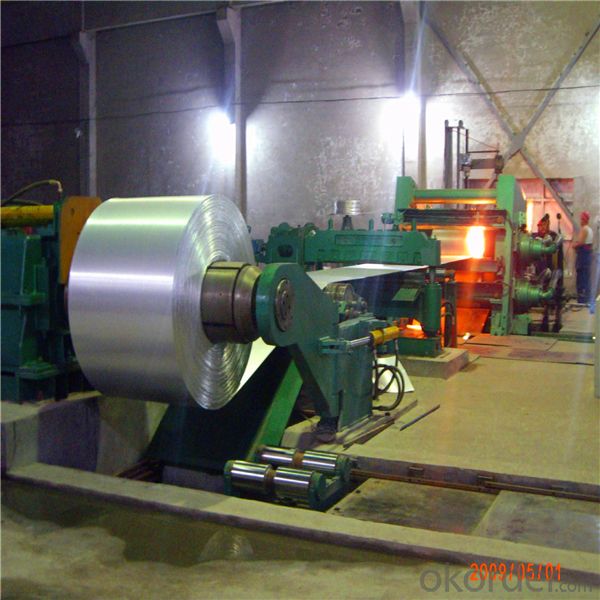
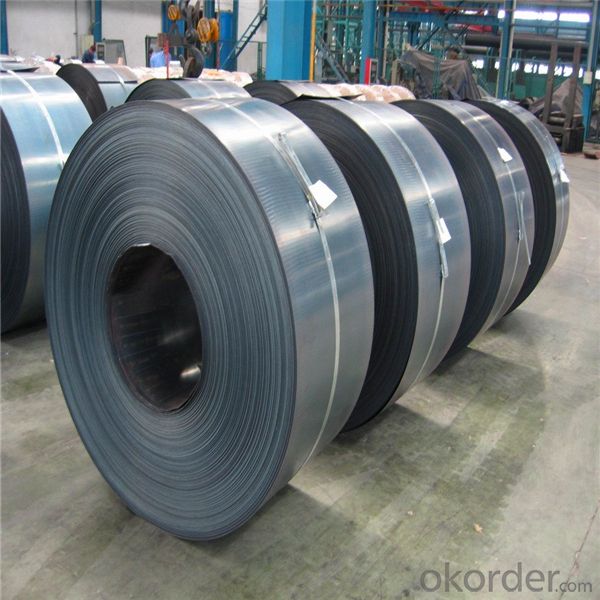
Specification
1. Thickness: 0.4-2.0mm
2. Width: 900-1250mm
3. Inner Diameter: 508mm
4. Weight of Steel Coil: 3-15MT
5. Heat Treatment: Annealed
6. Margin Status: EC & EM
7. Surface Quality: FB&FC
8. Surface Status: SB & SD
9. Surface Treatment: Oiling
Mechanical Properties
1. Yield Strength: ≤320MPa
2. Tensile Strength: ≤370MPa
3. Elongation (L=50mm, b=25mm) When:
(1) Nominal Thickness<0.25mm: 30%
(2) Nominal Thickness 0.25mm-<0.40: 32%
(3) Nominal Thickness 0.40-<0.60mm: 34%
(4) Nominal Thickness 0.60-<1.0mm: 36%
(5) Nominal Thickness 1.0-<1.6mm: 37%
(6) Nominal Thickness >1.6mm: 38%
Standard: AISI, ASTM, BS, DIN, GB, JISGrade: DX51D, SGCC, ENG10142, ASTM A653Thickness: 0.1mm-3.0mm
Place of Origin: Hebei China (Mainland)Brand Name: YuandaModel Number:
Type: Steel CoilTechnique: Cold RolledSurface Treatment: Other
Application: Flange PlateSpecial Use: High-strength Steel PlateWidth: 700mm-2000mm
Length: As required
Packaging & Delivery
- Q:How are steel plates used in the fabrication of storage tanks?
- Steel plates are used in the fabrication of storage tanks to provide structural support and maintain the integrity of the tank. These plates are welded together to form the tank's shell and are strong enough to withstand the pressure and weight of the stored materials. Additionally, steel plates can be coated or lined to prevent corrosion and ensure the longevity of the tank.
- Q:What are the different types of steel pipes and their uses?
- There are several types of steel pipes, including carbon steel pipes, stainless steel pipes, alloy steel pipes, and galvanized steel pipes. Carbon steel pipes are commonly used in industries such as oil and gas, construction, and plumbing due to their strength and affordability. Stainless steel pipes are corrosion-resistant and widely used in industries like food processing, pharmaceuticals, and chemical engineering. Alloy steel pipes are designed to withstand high temperatures and pressures, making them suitable for applications in power plants and refineries. Galvanized steel pipes are coated with a layer of zinc to prevent rusting, making them ideal for outdoor and plumbing applications.
- Q:What are the factors to consider when selecting the appropriate steel grade for welding?
- There are several factors to consider when selecting the appropriate steel grade for welding. Firstly, the intended application and the specific requirements of the project should be taken into account. This includes factors such as the desired strength, corrosion resistance, and toughness of the welded joint. Additionally, the welding process itself plays a crucial role in the selection of steel grade. Different steel grades may have varying weldability and may require specific pre- and post-weld heat treatments. Furthermore, factors like cost, availability, and compatibility with other materials being used in the project should also be considered. Ultimately, a thorough understanding of these factors will help in choosing the most suitable steel grade for welding.
- Q:How is steel used in the production of automotive parts and components?
- Steel is commonly used in the production of automotive parts and components due to its high strength and durability. It is used for manufacturing various parts such as engine blocks, chassis, body panels, and suspension components. Steel's properties allow for the production of lightweight yet robust parts, ensuring safety and performance in vehicles.
- Q:What are the different types of steel springs and their uses?
- There are several types of steel springs, each with their specific uses. Some common types include compression springs, extension springs, torsion springs, and flat springs. Compression springs are designed to resist compression forces and are used in applications such as automotive suspensions, mattresses, and industrial machinery. Extension springs, on the other hand, are designed to absorb and store energy when pulled apart and are commonly used in garage doors, trampolines, and various mechanical devices. Torsion springs provide a rotational force and are commonly found in clothespins, garage door systems, and various small appliances. Flat springs, also known as leaf springs, are used in applications that require high strength and flexibility, such as automotive suspensions, agricultural equipment, and heavy machinery. Each type of steel spring has its unique properties and applications, making them essential components in various industries.
- Q:What are the common applications of steel products in the automotive industry?
- Steel products are widely utilized in the automotive industry for various applications. Some common uses include the manufacturing of car bodies, chassis, engine components, suspension systems, and various structural parts. This is primarily due to steel's exceptional strength, durability, and ability to be molded into complex shapes, making it an ideal material for ensuring safety, enhancing performance, and ensuring longevity in vehicles.
- Q:What are the advantages of using steel wire?
- There are several advantages of using steel wire. Firstly, steel wire is incredibly strong and durable, making it suitable for a wide range of applications. It can withstand high tension and heavy loads without breaking or deforming easily. Secondly, steel wire has excellent corrosion resistance, particularly when it is galvanized or coated. This makes it ideal for outdoor use or in environments with high moisture or chemical exposure. Additionally, steel wire is highly flexible and can be easily manipulated into various shapes and forms, making it versatile for different purposes. Lastly, steel wire is cost-effective, as it is readily available and its production costs are relatively low compared to other materials. Overall, these advantages make steel wire a popular choice in industries such as construction, automotive, manufacturing, and agriculture.
- Q:How do steel products contribute to sustainability and environmental protection?
- Steel products contribute to sustainability and environmental protection through various ways. Firstly, steel is highly durable and long-lasting, reducing the need for frequent replacement and therefore minimizing waste generation. Additionally, steel is a highly recyclable material, with a recycling rate of around 90%, which helps to conserve resources and reduce energy consumption compared to producing new steel. Moreover, steel has a high strength-to-weight ratio, allowing for lightweight designs and efficient transportation, which leads to lower fuel consumption and greenhouse gas emissions. Lastly, steel products can be designed to be energy-efficient, such as in the construction industry where steel structures can provide better insulation, reducing energy consumption for heating and cooling. Overall, steel products contribute to sustainability and environmental protection by promoting resource conservation, waste reduction, energy efficiency, and lower emissions.
- Q:How is steel pipe coated for underground gas pipelines?
- Steel pipe is coated for underground gas pipelines using a process called fusion bonded epoxy (FBE) coating. In this process, the steel pipe is preheated, and then an electrically charged epoxy powder is sprayed onto the heated pipe. The powder melts and fuses with the steel, creating a strong and durable coating that protects the pipe from corrosion and damage caused by underground elements.
- Q:How do steel products contribute to the recreational and sports industry?
- Steel products contribute to the recreational and sports industry by providing durable and resilient materials for the construction of various sporting facilities and equipment. From stadiums and arenas to bleachers, fencing, and goalposts, steel structures offer strength and stability necessary for hosting large-scale sporting events. Additionally, steel is commonly used in the manufacturing of sports equipment such as bicycles, golf clubs, tennis racquets, and even roller coasters. Its robust nature ensures longevity, safety, and enhanced performance, making steel an indispensable component in the recreational and sports industry.
1. Manufacturer Overview |
|
|---|---|
| Location | |
| Year Established | |
| Annual Output Value | |
| Main Markets | |
| Company Certifications | |
2. Manufacturer Certificates |
|
|---|---|
| a) Certification Name | |
| Range | |
| Reference | |
| Validity Period | |
3. Manufacturer Capability |
|
|---|---|
| a)Trade Capacity | |
| Nearest Port | |
| Export Percentage | |
| No.of Employees in Trade Department | |
| Language Spoken: | |
| b)Factory Information | |
| Factory Size: | |
| No. of Production Lines | |
| Contract Manufacturing | |
| Product Price Range | |
Send your message to us
Cold Rolled Steel Made in China/China Supplier
- Loading Port:
- China main port
- Payment Terms:
- TT OR LC
- Min Order Qty:
- 20 m.t.
- Supply Capability:
- 50000 m.t./month
OKorder Service Pledge
OKorder Financial Service
Similar products
New products
Hot products
Hot Searches
Related keywords
